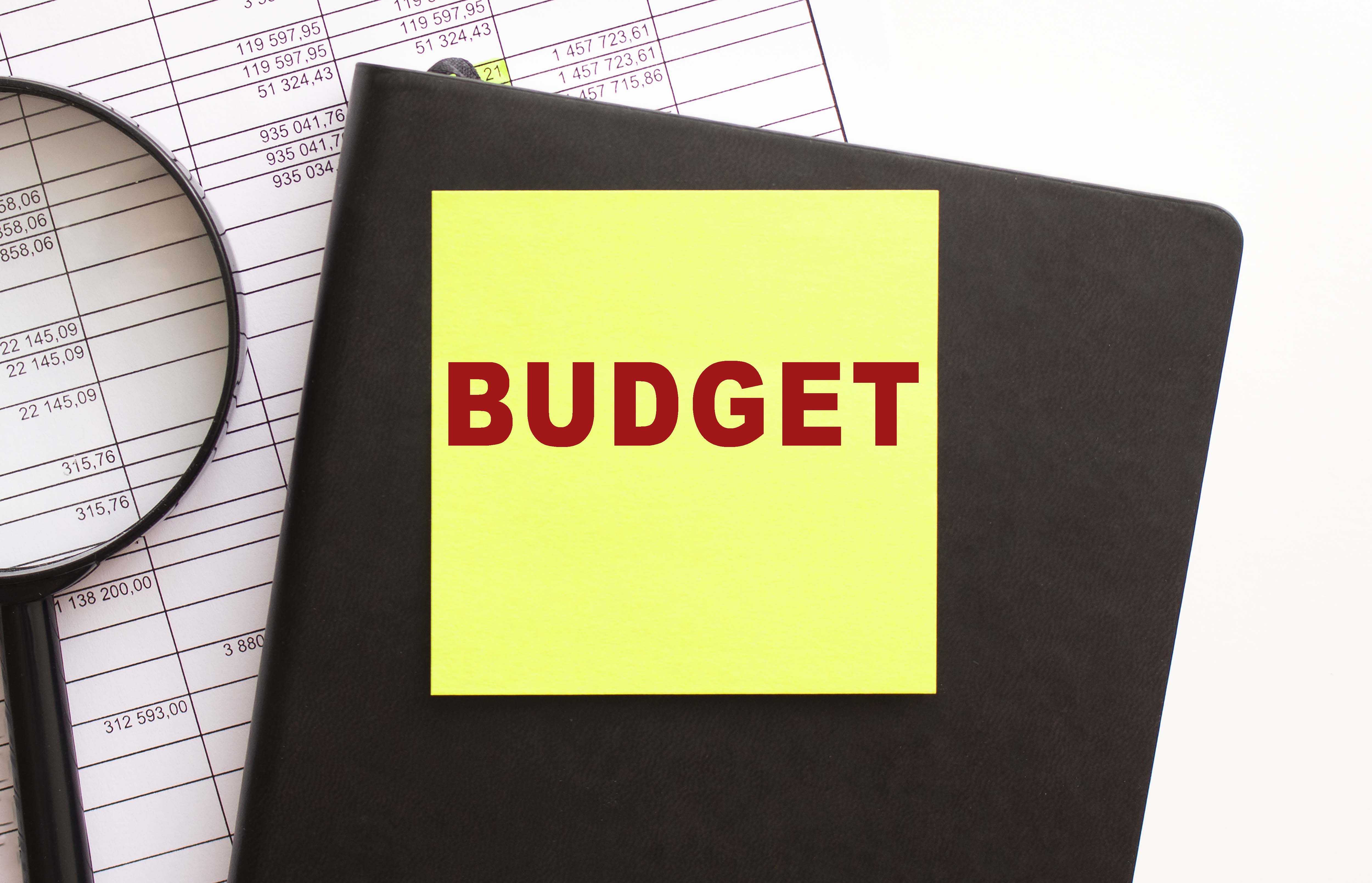5 Easy Tips to Start Budgeting for Newbies
Understanding the need to discipline oneself financially is the key to budgeting. Every individual should have a unique approach based on their circumstances. There is no one set plan that fits everyone. However, one has to do their research and learn about how to make the best use of their hard-earned money. Having a clear purpose for life can make budgeting much easier. Being conscious of one’s income and expenditure helps build financial responsibility.

Figure Out Your Monthly Income
To start with, you need to know how much money you have to plan a budget. Listing down all of your sources of income is the crucial first step. If you are someone who has a single income source from a job, you are quite sure of what your monthly income is. Others may have rentals, government funds, or financial support from their parents. People who do multiple gigs as a freelancer or run a business can calculate their average monthly income based on the past 3 months. Your goal should be to have a clear idea about how much you earn every month.
Calculate The Average Monthly Expense
Now that you know how much money you make monthly, it’s time to tackle expenses. The first thing to do is to make a note of all the fixed expenses. This could include monthly rent, groceries, mortgage payments, utility bills, insurance, and more. Paying these on time is a must so that you do not have to pay extra for fines or late payments. One of the advantages of having an eye on your bills is that it allows you to be mindful of how you utilize resources like water and electricity.
Subtract the total amount of your fixed expenses from your monthly income, so that you know how much money you will be left with for the rest of the month. Then it is in your hands to prioritize all other expenses.
Pay Off Debts & Loans
Most people have to set aside an amount of money every month to settle loans and debts. This has to be taken seriously if you want to see yourself in a better financial position in the long run. Becoming debt-free life is one of the main ways to achieve financial freedom. Settling long-term commitments like student loans or car loans should never be ignored. Once your essential expenses are taken care of, the next order of business is to pay off debts. Neglecting to pay them may backfire with consequences such as having to pay more interest.
Cultivate Better Spending Habits
Once all the needs have been taken care of, you may have some amount of money left over. Then comes the discretionary expenses. At this point, one might easily lose sight of how much savings he should be doing each month. You have to identify your wants and decide what you will be spending that money on. It could be anything you want, be it entertainment, shopping, outings, or OTT subscriptions.
When you try to adopt a balanced spending style from early on, it may come more naturally. You may not have to force yourself or feel desperate whenever you have to make choices between saving and spending. Strictly make it a habit to spend only within the amount you allocated for the discretionary expense.
Set Financial Goals
You have to take time and define your goals in life. Having aspirations for the future and working towards a goal will help you be more financially responsible. If you think you go overboard with shopping or entertainment, you can start by disciplining yourself.
Paying off a loan may even be one of your goals, but the next best thing you can aim for is to save a certain amount every month. This can help you plan a vacation or in the long run, you can save enough money to put up a down payment to purchase a property. Investing in a reliable business is another great idea. You would be surprised to see how much you can do when you take the effort to put a plan in place and work towards your targets!
A Final Word
Budgeting is not a daunting task as long as you take it at your own pace, learn the necessary tactics that are essential to handle your budget, and implement them diligently. However, do not forget that you are free to lay out your plan based on where you are in life. All that matters is that you are aware of how well you manage your income and expenditure to suit your needs. So that a few years down the line you will look back and thank yourself for making wise financial decisions.

